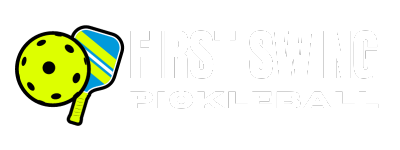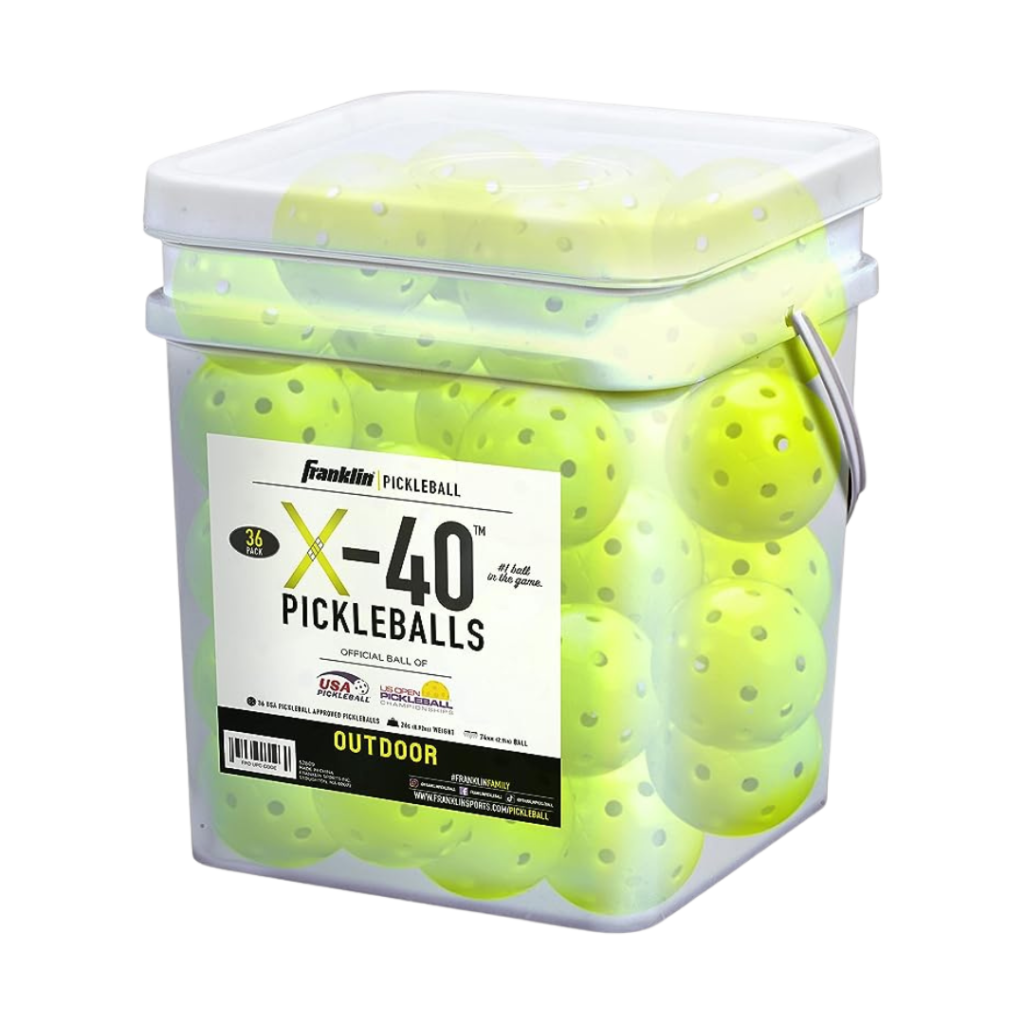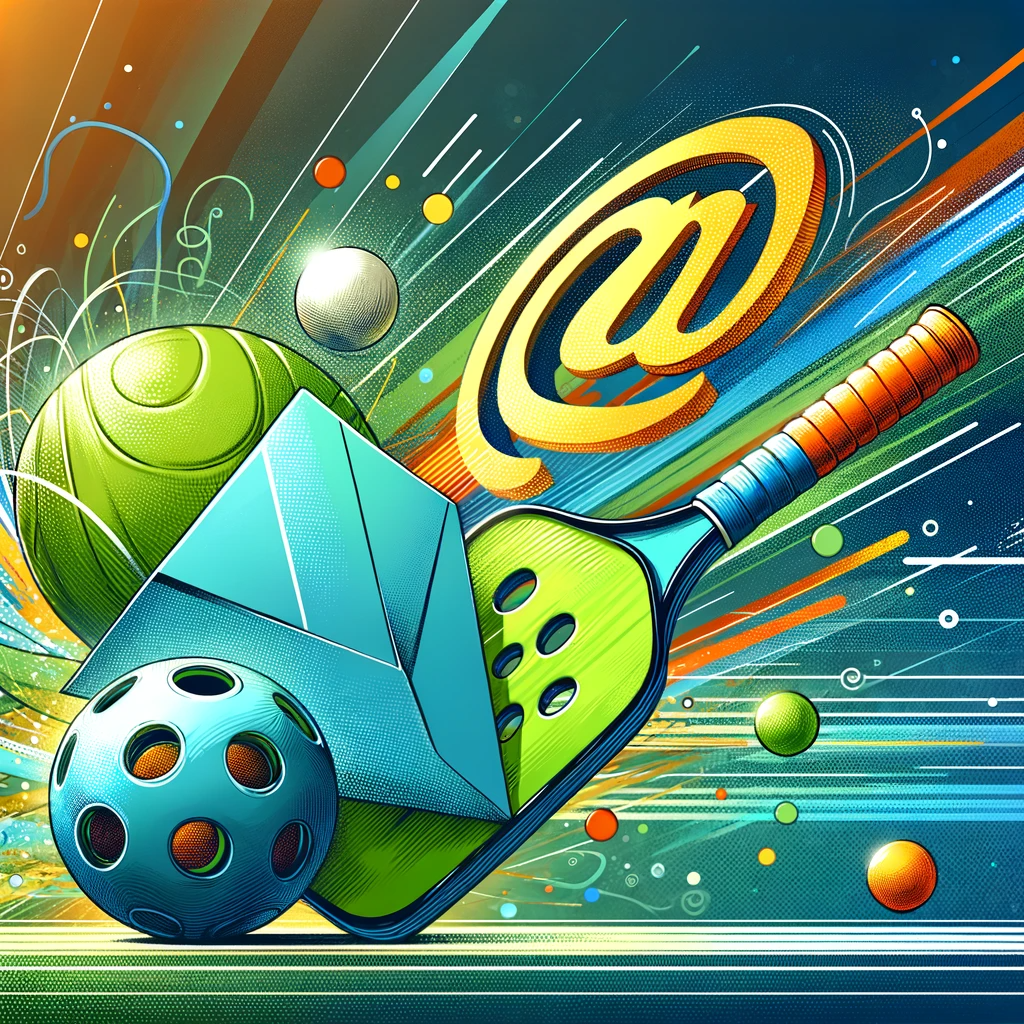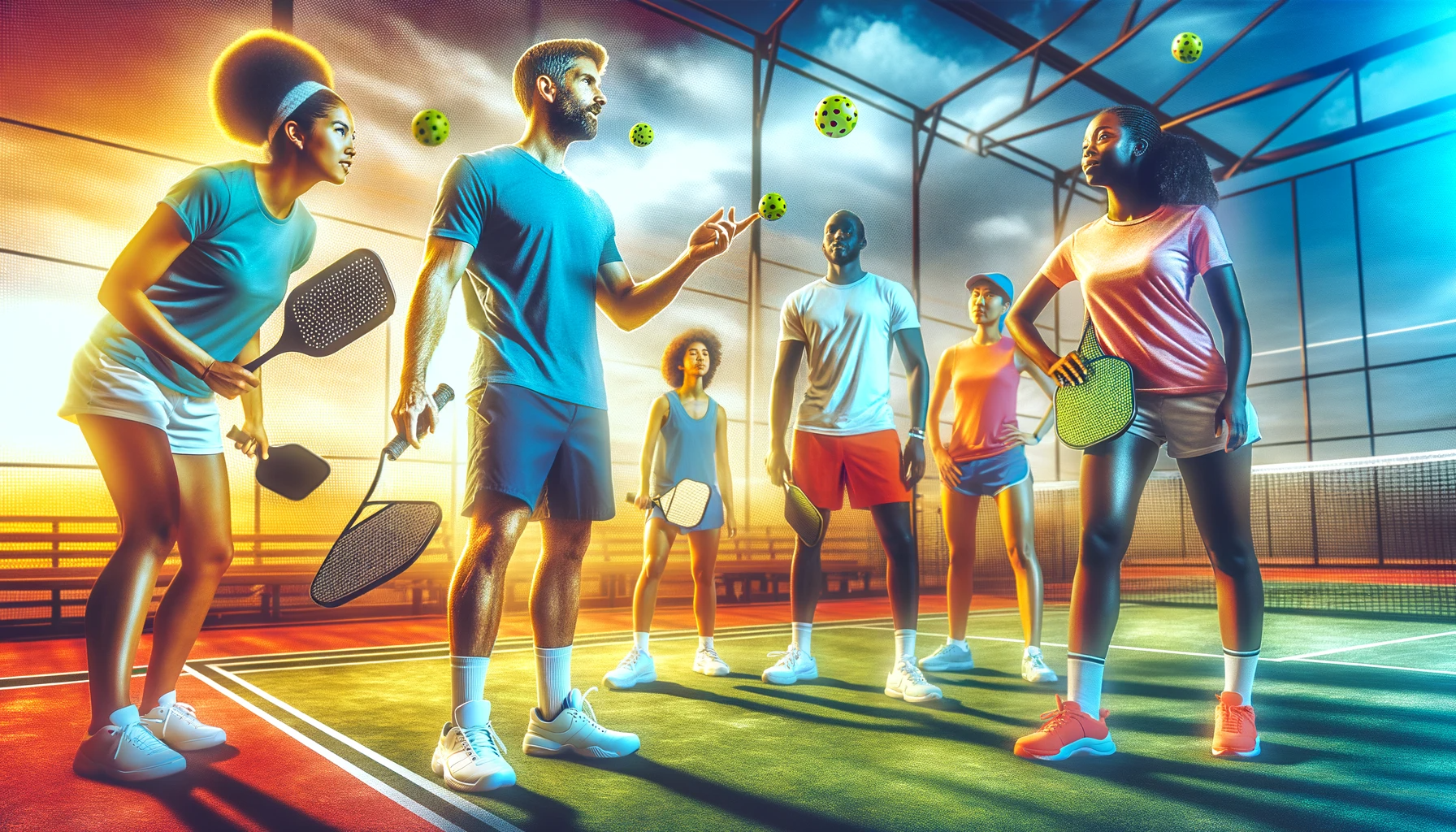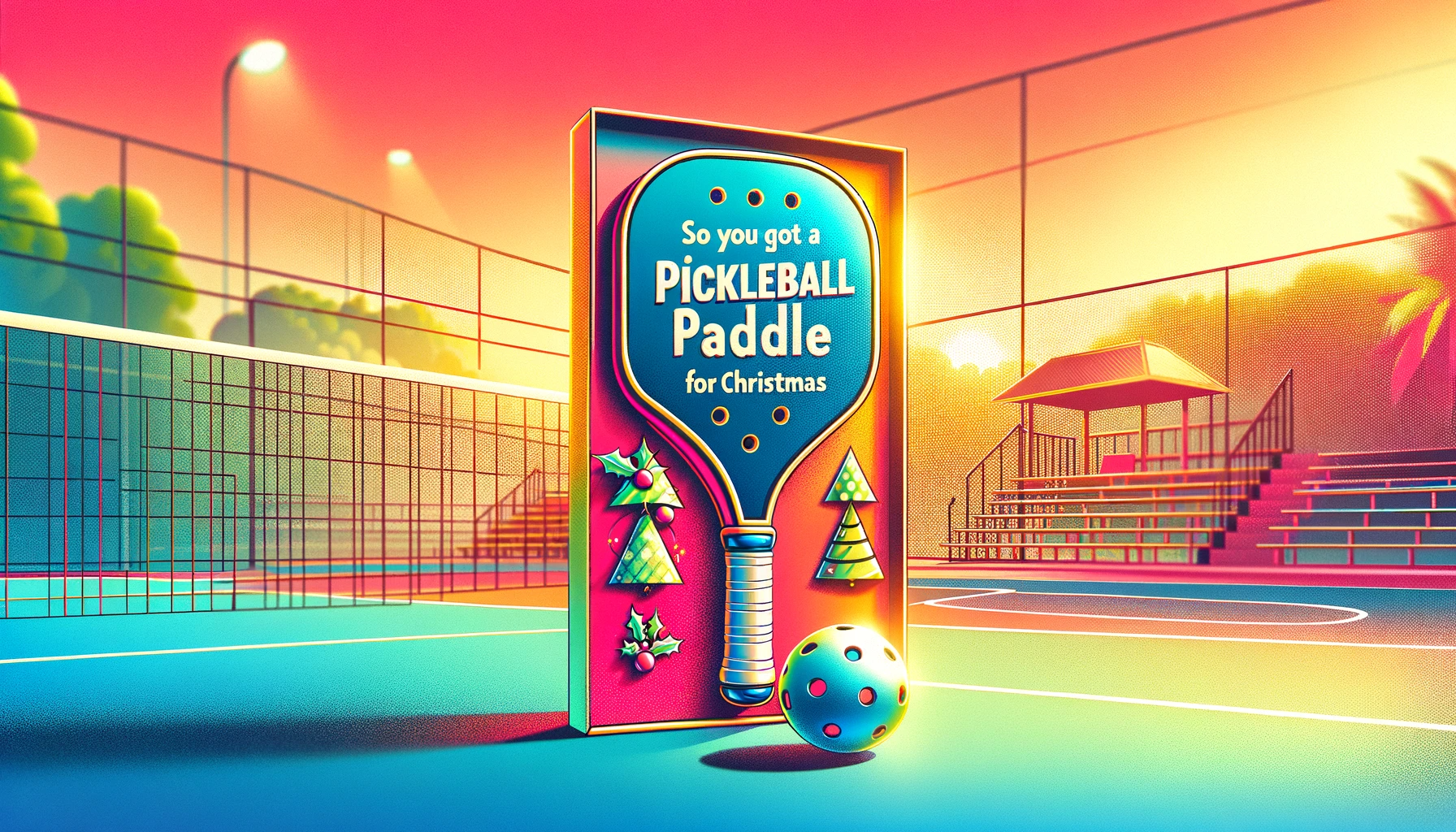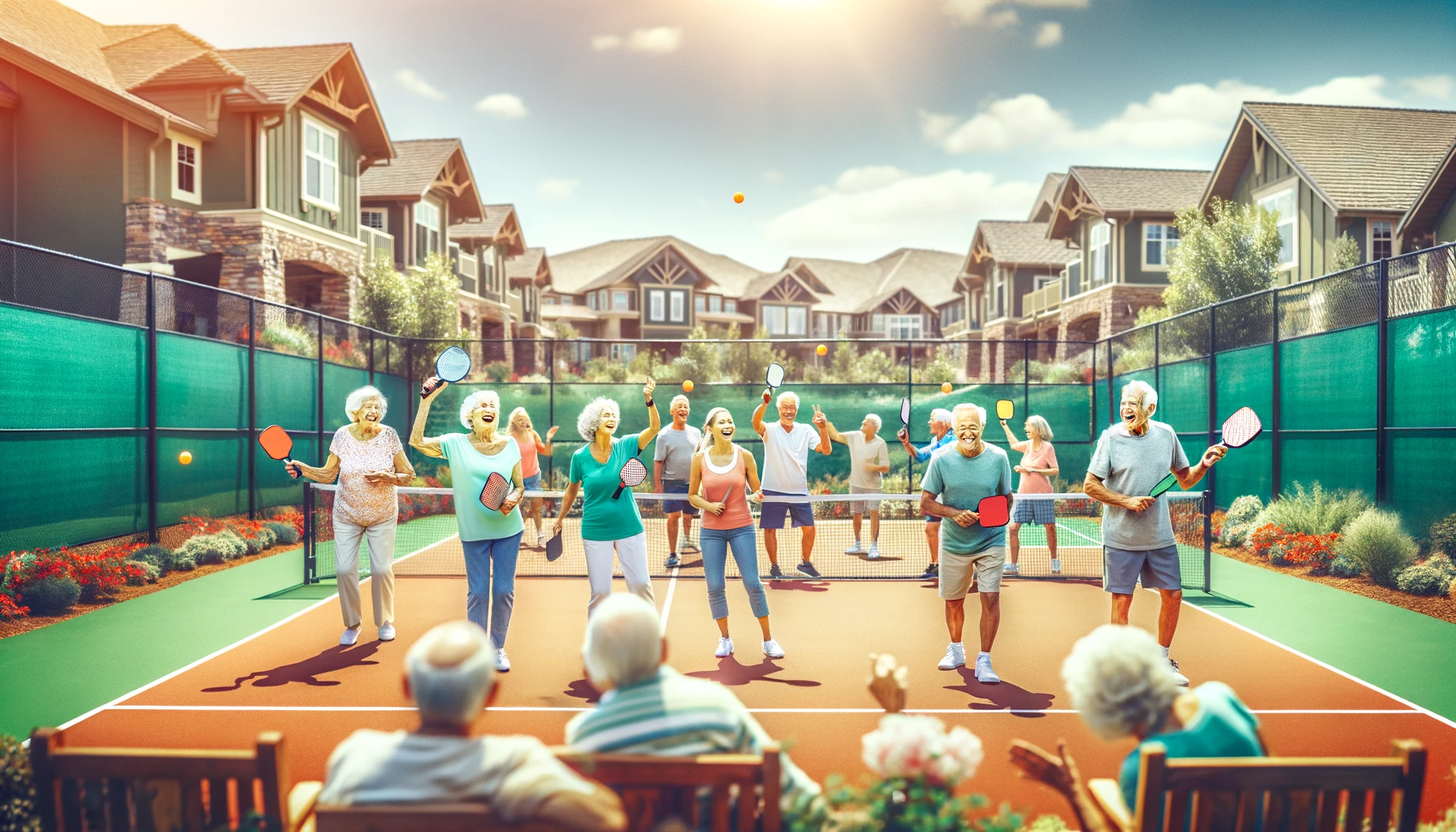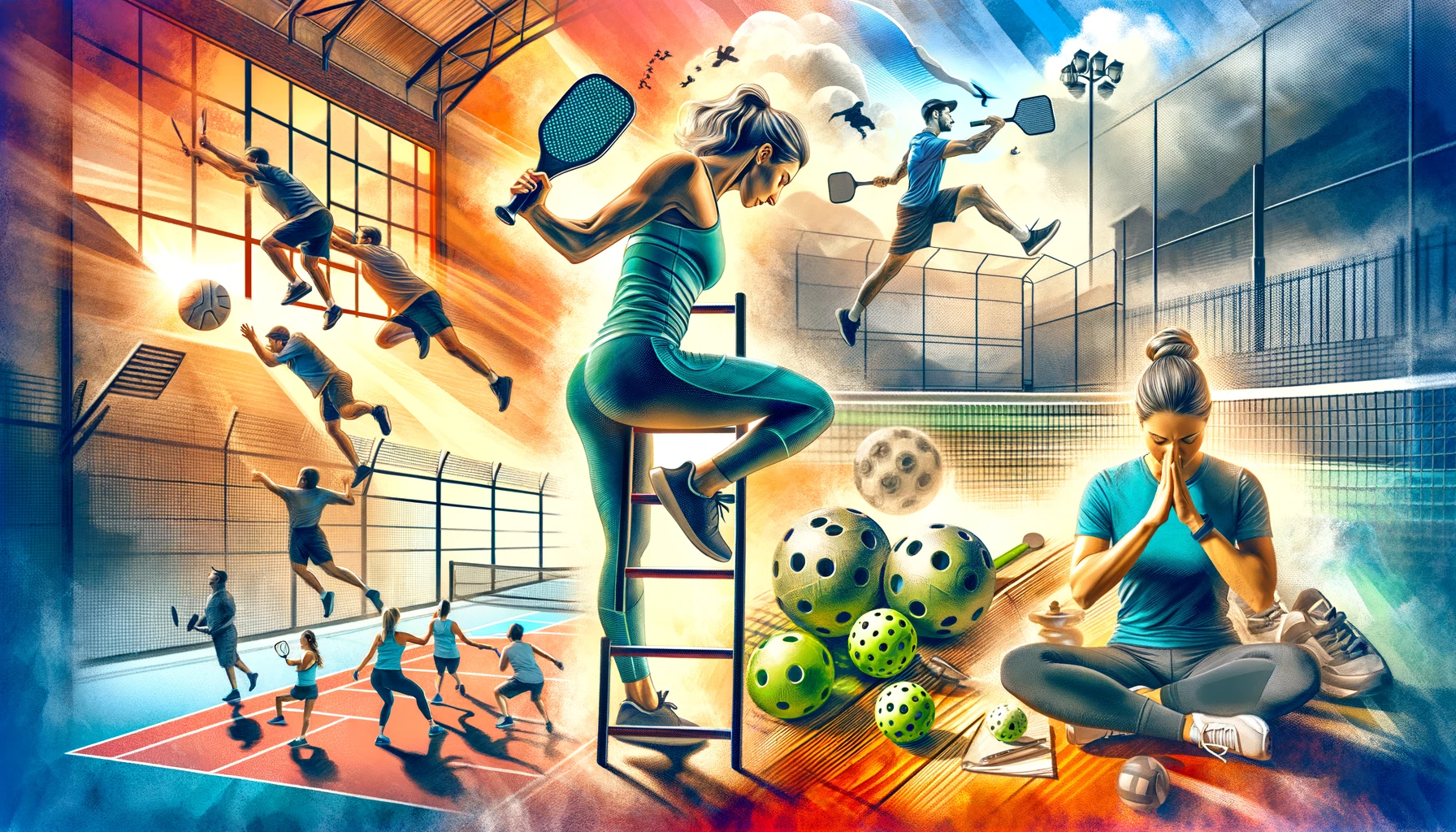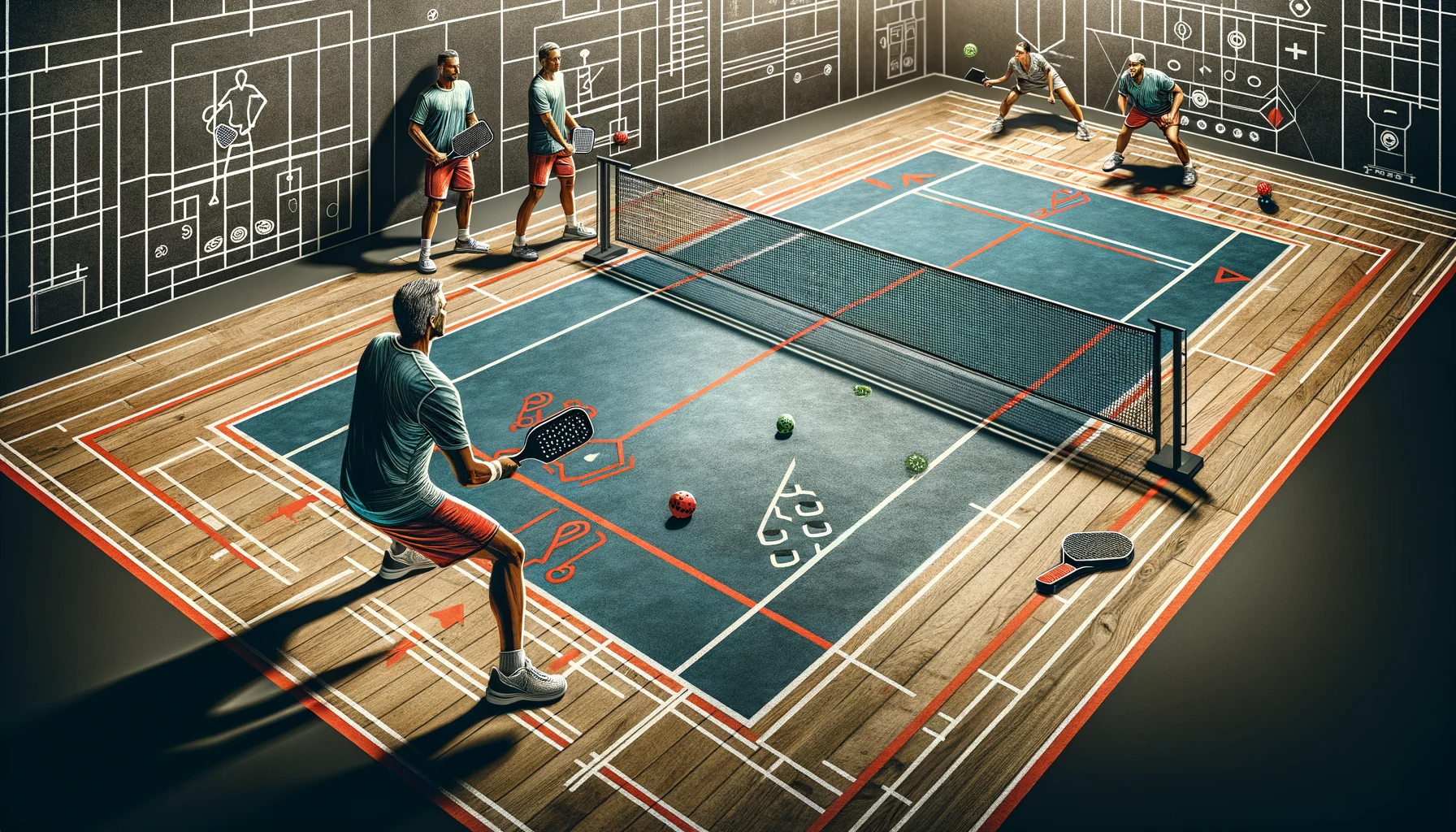
Pickleball in Schools: The Growth and Benefits
Introduction to Pickleball in Educational Settings
Pickleball, a paddle sport that combines elements of badminton, tennis, and table tennis, has seen a remarkable surge in popularity across various demographics, including in educational settings. Its introduction into schools is not just a trend but a significant shift in how physical education is approached. This article explores the growth of pickleball in schools and its myriad benefits for students.
The Rise of Pickleball in Schools
Pickleball's simplicity and accessibility have made it a favorite in physical education programs. The sport requires minimal equipment, can be played indoors or outdoors, and is easy to learn, making it an ideal activity for students of all ages and skill levels.
Key Points:
- Accessibility: Requires minimal equipment and space.
- Inclusivity: Suitable for all ages and skill levels.
Educational Benefits of Pickleball
Pickleball offers a range of educational benefits that extend beyond physical health. It promotes teamwork, strategy, and communication among students, fostering an environment conducive to both physical and social development.
Key Points:
- Physical Health: Improves hand-eye coordination and cardiovascular fitness.
- Social Skills: Encourages teamwork and communication.
Impact on Student Engagement and Physical Health
Enhancing Student Engagement
Pickleball's fun and fast-paced nature keeps students engaged and interested in physical activity. This engagement is crucial in an era where sedentary lifestyles are increasingly common among young people.
Physical Health Benefits
Regular pickleball play improves cardiovascular health, muscle strength, and hand-eye coordination. It's an effective way to combat obesity and promote a healthy lifestyle from a young age.
Key Points:
- Cardiovascular Health: Enhances heart health through aerobic exercise.
- Strength and Coordination: Builds muscle strength and improves coordination.
Social and Psychological Advantages
Building Teamwork and Social Skills
Pickleball requires communication and strategy, which naturally leads to the development of teamwork and social skills among students. It provides a platform for students to interact, collaborate, and build friendships.
Boosting Mental Health
Engaging in physical activities like pickleball can significantly reduce stress and anxiety levels in students, leading to better mental health and improved academic performance.
Key Points:
- Reduced Stress: Physical activity lowers stress and anxiety.
- Improved Academic Performance: Better mental health leads to enhanced focus and academic success.
Implementing Pickleball in School Curriculums
Schools looking to integrate pickleball into their curriculum can do so with relative ease. It requires minimal investment in equipment and can be adapted to various settings and student populations.
Equipment and Space Requirements
- Paddles and Balls: Basic equipment is affordable and durable.
- Courts: Can be set up in gyms or outdoor spaces.
Curriculum Integration
Pickleball can be incorporated into physical education classes, after-school programs, and even competitive sports teams. It offers flexibility in how it can be taught and played.
Conclusion
Pickleball in schools is more than a passing trend. It's a sport that offers extensive benefits, from physical health to social skills development. Its ease of play and minimal requirements make it an excellent addition to any educational setting.
FAQs
Q: Is pickleball safe for all age groups? A: Yes, pickleball is a low-impact sport, making it safe and suitable for students of all ages.
Q: How much space is needed to play pickleball? A: A standard pickleball court is 20x44 feet, but the space can be adjusted to fit available areas in schools.
Q: Can pickleball be played indoors and outdoors? A: Absolutely, pickleball courts can be set up in both indoor and outdoor settings.
